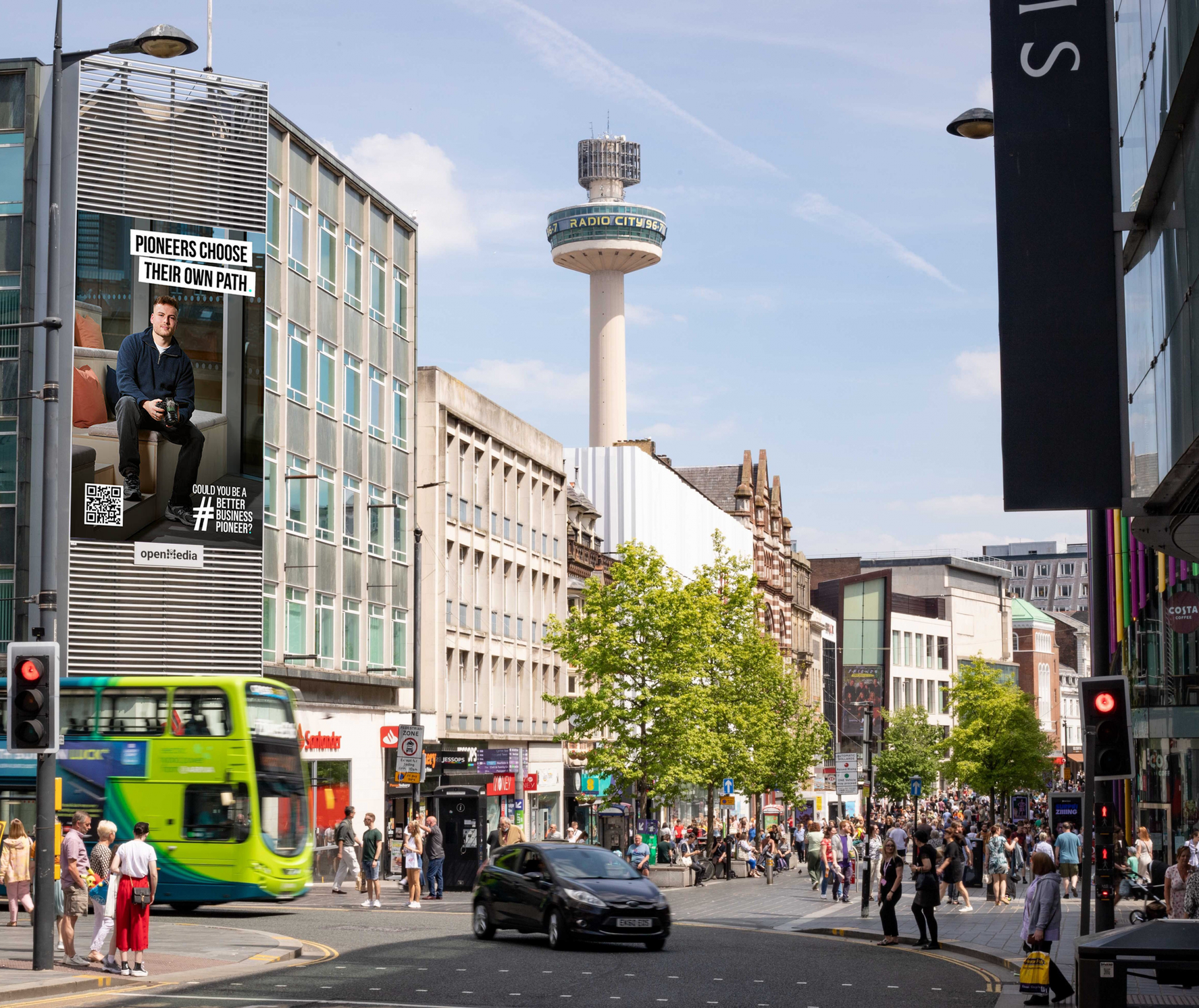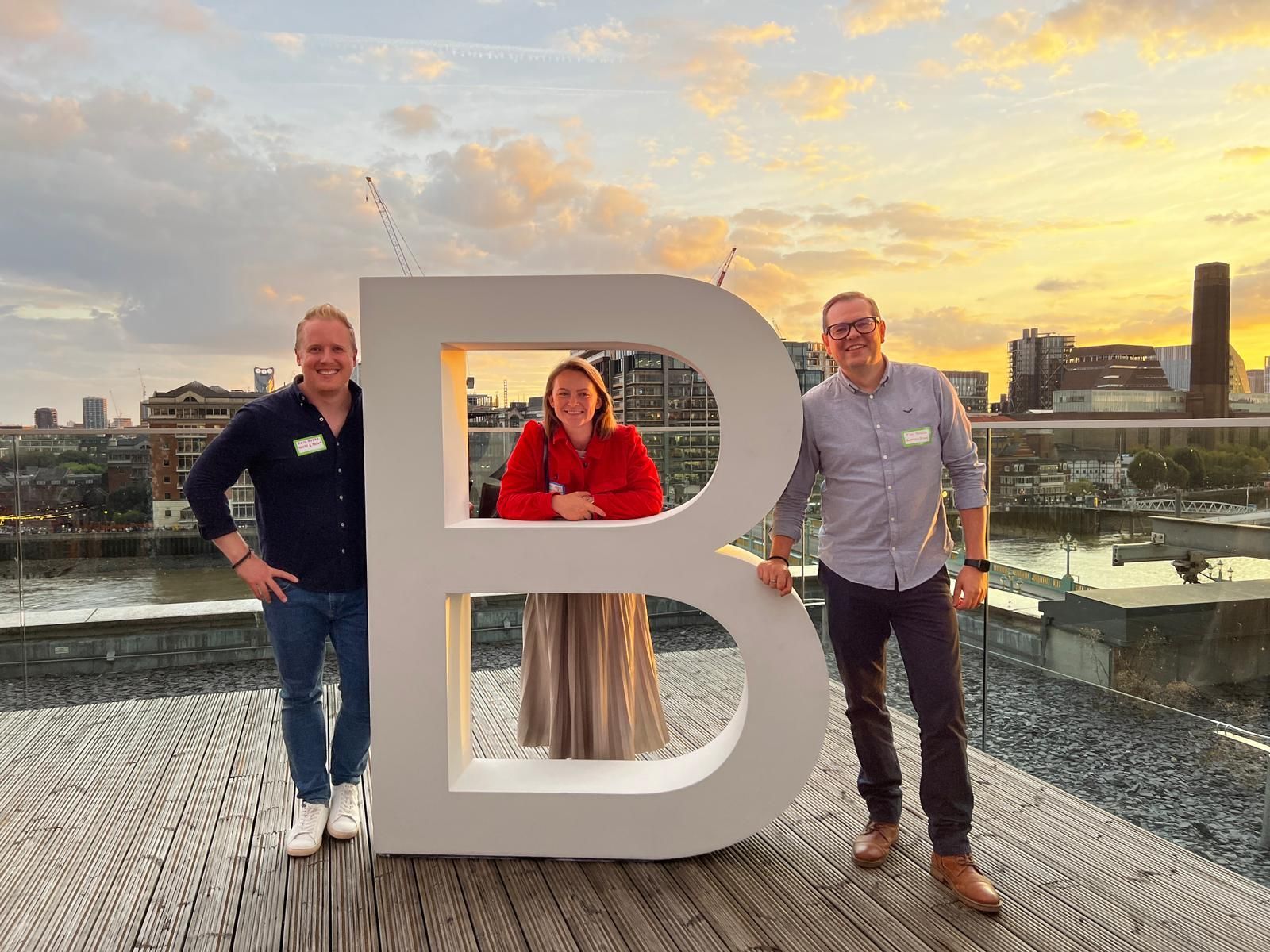Investing in our planet: E, S and G.
Economic growth and our planet – a difficult relationship
The hard truth is that economic growth causes climate change.
The richest countries in the world create a disproportionate amount of CO2 and have done since the Industrial Revolution in the 19th Century. And we still haven’t worked out a way to achieve economic growth and stick to the Paris Climate Targets.
The problems faced by developed, capitalist economies are twofold.
Problem 1: a need for growth
The first is that the entire economic system relies upon growth to survive. That growth has, of course, resulted in a general improvement in our quality of life, from a better standard of health and fewer working hours, to more choice and ease of consumption. However, our reliance on economic growth is also fundamental to how our society is structured, to the point that if we lose it, we also lose our savings, pensions, charitable institutions, and insurers – fundamental bedrocks of our society.
The reason for this is simple. We need companies to grow in order to generate more profit. This profit can be reinvested (creating new products or finding cheaper ways of delivering existing products) or distributed, in the form of dividends to shareholders. And who are the shareholders of companies? Us!
Whether through our pension schemes, insurance premiums, ISAs, or other savings, we collectively own trillions of pounds of company shares, company debt, and government debt. You may hear about massive asset managers – Blackrock, Fidelity, Vanguard – and think of them as almost entirely abstracted from your day-to-day life. But these are the powerhouses who allocate your contributions into investments, for you to meet your future financial requirements.
Pension funds aim to generate between 6-10% in annual returns, so that your nest eggs can grow, beat inflation, and making sure that the future You has enough set by for when the time comes. Similarly, insurance funds invest your premiums to cover any future pay-outs, so if your house gets flooded or your car gets clanged, you don’t have to cough up.
So the more growth in the economy, the more profits companies generate and the more investment returns we get. In turn, if economies stop growing, huge holes end up forming in our pension funds and insurance contributions, not to mention our ISAs and personal investments.

OK, so let’s assume that we need economic growth to prevent societal meltdown. Here we find problem number two – so far, markets have not yet had the impetus or incentive to commit to climate innovation.
Markets, for better or worse are ‘rational’. That is to say (economic jargon warning) that an equilibrium is reached within a market when both buyer and seller have maximised their economic utility. The problem is, the economic definition of ‘rational’ means a single-minded focus on maximising financial gain, ignoring the impact on society and the environment. If markets are left to their own devices, green innovation will only occur when it is economically rational to do so.
At the moment, green innovation and investment is only rational at the edges of economies. From a financial perspective, it still makes sense for BP, Shell, and Exxon to invest in oil and gas, rather than renewables. So while we might howl with rage at new coal power plants opening despite government Net Zero pledges, these power plants still make financial sense, if we are to generate the economic growth required for us to retire with enough money.
So, how do we square these circles and achieve economic growth (and, by extension returns on investment) and reduce climate change?
Solutions – the good, the bad and the ugly
There’s almost nothing we like more than blaming the financial industry, with its Hermès ties, outsized bonuses, and the implied arrogance that befits Masters of the Universe. Politicians love to make bankers into scapegoats, deflecting away from their own shortcomings.
However, most bankers are simply doing their job. The job of all financial institutions is to make as much money as possible for their clients, whilst staying within regulatory and legal frameworks. Asking them to do anything different is akin to asking a leopard to change their spots.
So, asking the finance and investing industry to consider the environmental impacts of their investments was bound to result in a lot of confusion, a fair bit of obfuscation, and a lot of greenwashing.
The ugly: Greenwashing
Greenwashing, or pretending that a product is more environmentally friendly than it is either to benefit from public interest or for compliance purposes, has thrived in financial and investing products in recent years. Without a clear regulatory framework, almost anything, from mining to tobacco, could be considered sustainable if you cut the data the right way. Banks and investment funds quickly realised that by calling their products ‘green’, or ‘ethical’, they would attract more investment and charge higher fees, regardless of the rubbish that was often put into these products.
Thankfully, although greenwashing is still rife, regulation is catching up, with much stricter rules on the marketing and reporting of ethical and green funds, with things like the EU’s Sustainable Finance Disclosure Regulation.
The bad: ESG Investing
ESG, or Environmental, Social and Governance Investing is big business. Analysts estimate that ESG investing could hit $53 trillion of assets under management, or a third of the entire investment industry, by 2025. On paper, this seems like a massive step in the right direction. ESG investments must consider the environmental impacts of companies, and only invest in those companies who do most good, or at least, do least harm, to the planet.
However, the lack of standards, regulation, and a compelling financial incentive, has meant ESG investing has become an alphabet soup of jargon, idiosyncratic ratings, and spurious investments. While ESG investing has been proven to direct more dollars to companies with lower environmental footprints, as is the case with all financial markets, there is always a less ethically minded investor willing to invest more money in fossil fuels, or dirty mining, at a slightly cheaper price.
The good: true double bottom line returns
The holy grail is to find a company or fund that has created outsized financial returns and a product that offers a more climate-friendly alternative. These examples are few and far between, however. For example, Tesla has earnt its astronomically high valuation on the back of being both a) surprisingly profitable, b) fast-growing and c) in large parts positive for climate change.
There will be hundreds more Teslas if governments around the world decide to get serious about climate change and provide outsized incentives for climate innovators. Only by providing subsidies, tax breaks and buyer discounts on pro climate products, could we begin to see a previously struggling climate innovator becomes a very attractive potential investment.
This is already happening in the US with the signing of the Inflation Reduction Act, where companies like Solar Edge are set to benefit massively from green subsidies.
What you can do
Whereas most of us are familiar with the impact of our buying habits and how we choose to travel on the planet, less of us know how much of a difference we can make when we take time to consider where we put our money. And while all this information may seem overwhelming and render our individual input insignificant, there are a few things that you can do to help steer the investment industry juggernaut in the right direction.
As a company
99% of UK businesses are classed as SMEs, meaning they have under 50 employees, but they also have mighty economic clout. In 2021, small businesses had a collective turnover of £2.3 trillion, with 52% of the private sector’s turnover came from businesses with under 10 employees, that’s 953 billion to the UK economy.
Investigate your insurance
Find out who the underwriter of your insurance policy is for your office, public liability, and business (not the broker) then ask: do they have an ethical investment policy? Is it trying to address the climate impact of its investments and underwriting? Is it transparent in those investments?
Pick your pension with care
If you are lucky enough to make the decision over where your employees’ pension is invested, make sure you do right by them and choose an ethical fund. Many providers offer individual employees the choice over which fund they want to pick, check our People’s Pension as a good example.
Switch your bank account
Entrust your money to an institution whose vision aligns with your own. If you can’t switch, then pressure your bank into behaving better. Call them out on social media, in petitions and in writing. Never underestimate the power of small actions.
Invest with your eyes open
With so many options available, there’s no excuse to not invest your money in adherence with your values. If you’re starting from scratch look at Nutmeg’s socially responsible portfolio or Circa5000, if you want to investigate the stock market, try Freetrade.

As an individual
Ask the question
It’s likely that you won’t have a great deal of control over your largest investment – your pension fund. Often employers are not clear about how they are investing your pension, even though you are making regular contributions to the scheme! As soon as possible, ask your HR manager about your pension scheme – how it’s allocated, which provider is used, what environmental screening and due diligence has been undertaken.
If enough individuals start asking the questions, hassling their managers and HR teams, it will quickly become evident that companies will need to take a more environmentally conscious approach to investing your pension. Make My Money Matter has a brilliant template that you can complete and send to your employer, challenging them to make your pension greener.
If you are self-employed or contribute to a SIPP, check out Circa5000’s Ethical Pension, one of the best environmentally friendly pension schemes around.
Start investing…wisely
If you have some money saved up in your bank account, getting inflated away (technical term), why not try investing it? Download a simple investment app like FreeTrade, or Circa5000 and discover investments that benefit the planet.
First time investors should always do their research and start by investing in exchange traded funds (collections of individual investments), for example the iShares Global Clean Energy ETF.
Investigate your insurance
Find out who the underwriter of your insurance policy is for your home, contents, and car (not the broker) then ask: do they have an ethical investment policy? Is it making an attempt to address the climate impact of its investments and underwriting? Is it transparent in its investments?
One for everyone
Take action
If you own a share in a company, you have a voice and a vote. You can use your ownership to sign petitions, raise awareness and vote against company actions that are not climate positive. Companies like ShareAction and Tumelo enable normal investors to vote on key climate related votes.
Everyone has a voice, regardless of the size of their investment. Just look at the Sisters of St Francis, an order of about 400 nuns in Philadelphia, who have used their shareholdings to meet with corporate CEOs across the US, supporting actions and shareholder resolutions in favour or ethical and environmental objectives.
Sources:
Share the love


















